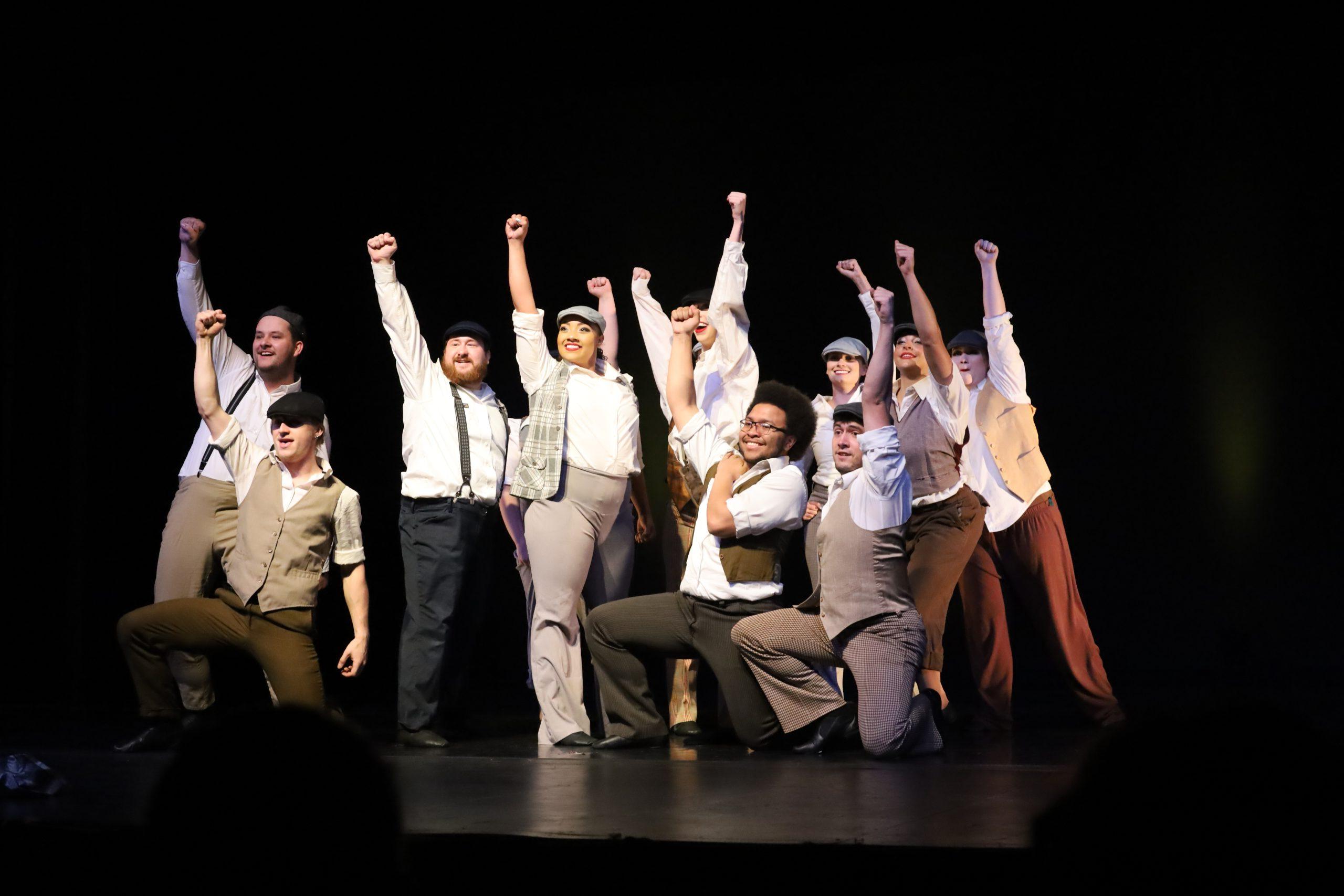Social Sciences
Colleges and Programs of Study
The Department of Social Sciences prepares students for careers in the law, politics, public administration, the criminal justice system, human services, social work, activism, non-profits and social research.
The department offers majors in criminal justice, gender studies, political science, sociology and social justice. Students planning to pursue law school can minor in our legal studies program.
Our programs prioritize a hands-on, experimental learning approach. Our graduates are prepared for professional careers and graduate school through internships, service learning, study abroad, the global classroom and research.


Dr. Molly Clever, Associate Professor of Sociology and Public Service
Email: clever_m@sy61258.com
Phone: 304-473-8093
Coty Martin, Assistant Professor of Political Science and Public Service
Email: martin.c@sy61258.com
Phone: 304-473-8434
Jessica Scott, Associate Professor of Gender Studies
Email: scott_j@sy61258.com
Phone: 304-473-8360
Dr. Craig S. Wiernik, Assistant Professor of Sociology and Criminal Justice
Email: wiernik.c@sy61258.com
Phone: 304-473-8434
-
Criminal Justice – B.A.
Students will:
- Demonstrate knowledge of core concepts in the field, including: the structure and operation of the justice system, crime and its definitions, philosophies of punishment, justice, and deviance, and how to evaluate research findings and apply research methods that demonstrate proficiency in oral and written communication skills and information literacy.
- Recognize and apply theory and practice through participation in research, service learning, study abroad, civic engagement, and/or internships.
- Identify and explain the role and limitations of each component of the system.
- Analyze the functions and impacts of social inequalities and power on the functioning of the justice system and the content of law.
-
Political Science – B.A.
Students will:
- Students will articulate central concepts, principles, and patterns of political behavior, evaluate research findings, and apply research methods that demonstrate proficiency in oral and written communication skills.
- Students will critically analyze and communicate the impact of relevant local, national, and international political forces on individual, societal, economic and global structures.
- Students will demonstrate knowledge of Political Science through participation in research, service learning, study abroad, civic engagement, and/or internships.
Students who are also interested in pursuing law school are encouraged to declare a legal studies minor and speak with Dr. Coty Martin, coordinator. Information about the legal studies minor can be found under Social Sciences – Minors.
-
Public Service – B.A.
Public Service is an interdisciplinary major that promotes civic engagement, public leadership, and community empowerment through a framework of social justice and ethical decision-making. Students learn critical thinking, empirical analysis, and program implementation and evaluation skills in order to serve diverse communities at the local, national, and global levels.
A major in Public Service prepares students for leadership careers in government, NGOs, nonprofits, education, public policy, and social advocacy. Although an internship is not required, students are encouraged to pursue internship opportunities and may substitute internship credits for specific course requirements with the permission of and in consultation with the course instructor and the department chair.
Students majoring in Public Service must choose a concentration in either Public Administration or Community Engagement.
Student Learning Outcomes:
1. Identify and explain the principles of ethical leadership, civic responsibility, and social justice.
2. Analyze the impacts of public policy across a variety of social contexts and groups.
3. Use empirical evidence to formulate strategies of effective social change within complex social systems.
4. Demonstrate ethical approaches to problem-solving that address specific social harms within local, national, and international communities.
-
Sociology – B.A.
Students will:
- Students will demonstrate knowledge of the core principles in the field, including: familiarity with the social structure, culture, social institutions, theories and major theoretical paradigms.
- Students will be able to apply the sociological imagination in analyzing culture, inequality, organization, and institutions (including family, education, and the economy), which facilitates cultural relativism and an acceptance of diversity.
- Students will understand social stratification and the difficulties that minority groups encounter, and have an awareness of social problems in global society.
- Students will demonstrate effective writing and oral communication skills, to include an understanding of the research process, and demonstrate knowledge necessary for advanced studies or a career.
-
Gender Studies - B.A.
A study of gender as one of the primary categories through which social relationships are organized reveals the political functioning of relations of power and the ways in which individuals negotiate those relationships within their specific contextual locations. Gender Studies recognizes the capacity for knowledge production to be transformative in the functioning of both daily lives and institutional practices.
Our Gender Studies program includes a curriculum built from courses across a range of disciplines. This equips students to analyze systems of power using an intersectional approach through the experiences of gender, race, class, sexuality, ability, and religion.
Students have formally represented the college at regional research conferences, and have successfully continued to pursue graduate study. Course work in Gender Studies focuses on events, movements, people, and politics both historical and contemporary; irreverent and sacred; creative and practical; canonical and obscure. In addition, Gender Studies students have been instrumental in establishing and sustaining campus organizations that support the theoretical work they do in the classroom.
-
Criminal Justice
Students will:
- Demonstrate knowledge of core concepts in the field, including: the structure and operation of the justice system, crime and its definitions, philosophies of punishment, justice, and deviance, and how to evaluate research findings and apply research methods that demonstrate proficiency in oral and written communication skills and information literacy.
- Recognize and apply theory and practice through participation in research, service learning, study abroad, civic engagement, and/or internships.
- Identify and explain the role and limitations of each component of the system.
- Analyze the functions and impacts of social inequalities and power on the functioning of the justice system and the content of law.
-
Political Science
Students will:
- Students will articulate central concepts, principles, and patterns of political behavior, evaluate research findings, and apply research methods that demonstrate proficiency in oral and written communication skills.
- Students will critically analyze and communicate the impact of relevant local, national, and international political forces on individual, societal, economic and global structures.
- Students will demonstrate knowledge of Political Science through participation in research, service learning, study abroad, civic engagement, and/or internships.
-
Public Service
Public Service is an interdisciplinary major that promotes civic engagement, public leadership, and community empowerment through a framework of social justice and ethical decision-making. Students learn critical thinking, empirical analysis, and program implementation and evaluation skills in order to serve diverse communities at the local, national, and global levels.
A major in Public Service prepares students for leadership careers in government, NGOs, nonprofits, education, public policy, and social advocacy. Although an internship is not required, students are encouraged to pursue internship opportunities and may substitute internship credits for specific course requirements with the permission of and in consultation with the course instructor and the department chair.
Students majoring in Public Service must choose a concentration in either Public Administration or Community Engagement.
Student Learning Outcomes:
1. Identify and explain the principles of ethical leadership, civic responsibility, and social justice.
2. Analyze the impacts of public policy across a variety of social contexts and groups.
3. Use empirical evidence to formulate strategies of effective social change within complex social systems.
4. Demonstrate ethical approaches to problem-solving that address specific social harms within local, national, and international communities.
-
Sociology
Students will:
- Students will demonstrate knowledge of the core principles in the field, including: familiarity with the social structure, culture, social institutions, theories and major theoretical paradigms.
- Students will be able to apply the sociological imagination in analyzing culture, inequality, organization, and institutions (including family, education, and the economy), which facilitates cultural relativism and an acceptance of diversity.
- Students will understand social stratification and the difficulties that minority groups encounter, and have an awareness of social problems in global society.
- Students will demonstrate effective writing and oral communication skills, to include an understanding of the research process, and demonstrate knowledge necessary for advanced studies or a career.
-
Legal Studies
Legal Studies
Recently West Virginia Wesleyan established a Legal Studies minor to serve as a pre-law program in their preparations to applying to and attending law school. Dr. Martin (martin.c@sy61258.com) currently serves as the program coordinator and works with faculty in several departments to offer students a diverse set of courses across the Social Sciences, Business, History, Communications, and English departments at Wesleyan. Dr. Martin also coordinates a series of events each semester to offer students the opportunity to interact with Wesleyan alumni in the field of law, those working in public and private practices and positions, LSAT workshops with former students now in law school, and law-related movie nights (from A Time to Kill to My Cousin Vinny). Information about the required courses can be found below:
Required Core Courses (12 Hours)
- BUSI 250: Legal Environment of Business
- POLS 215: Constitutional Law
- CJUS 260: Criminal Law & Procedures
- POLS 348: International Law & Human Rights OR HIST 360: American Legal History
Electives Group 1 (3 Hours)
- COMM 226: Argument and Evidence
- ECON 331: International Economics
- ECON 333: Environmental Economics
- ECON 361: Public Sector Economics
- Any 300-Level English Literature Course
Electives Group 2 (3 Hours)
- HIST 252: Women’s Rights Movement in America
- HIST 269: African-American History
- HIST 360: American Legal History
- HIST 345: Sexuality in American History
- POLS 265: International Organizations
- POLS 328: Environmental Law & Politics
Programs of Study
-
Art and Design
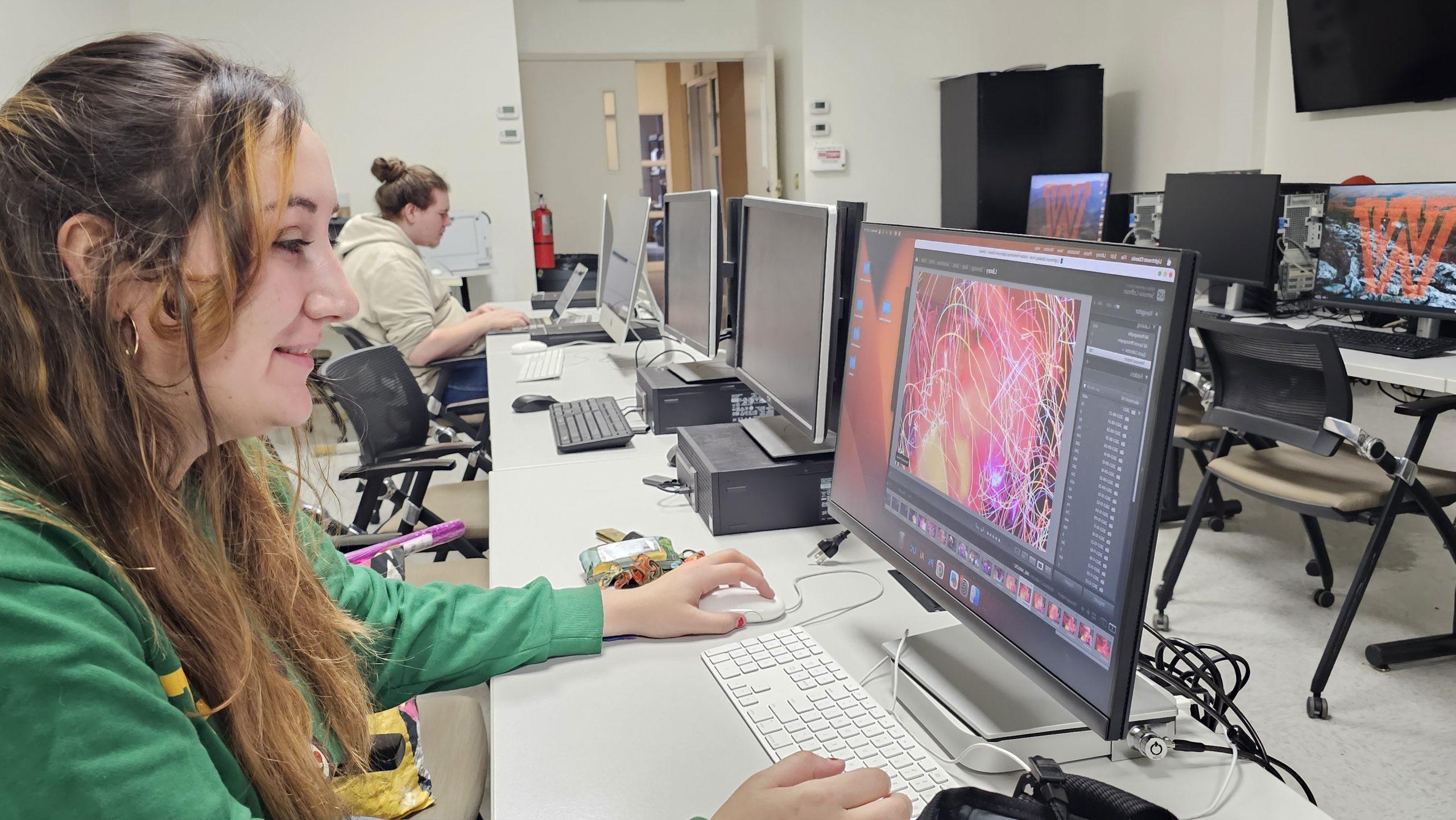
-
Biology & Environmental Science

-
Business
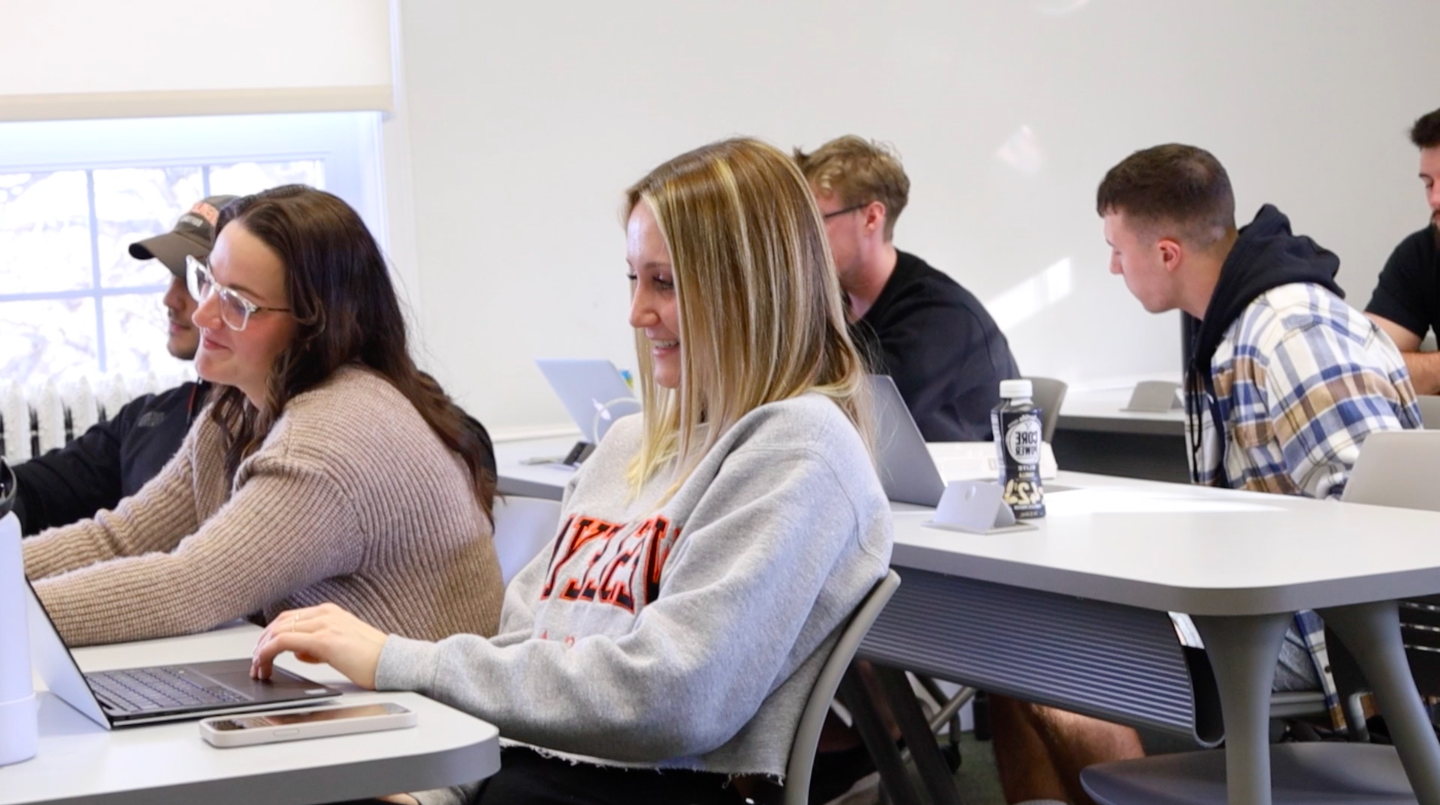
-
Chemistry & Biochemistry
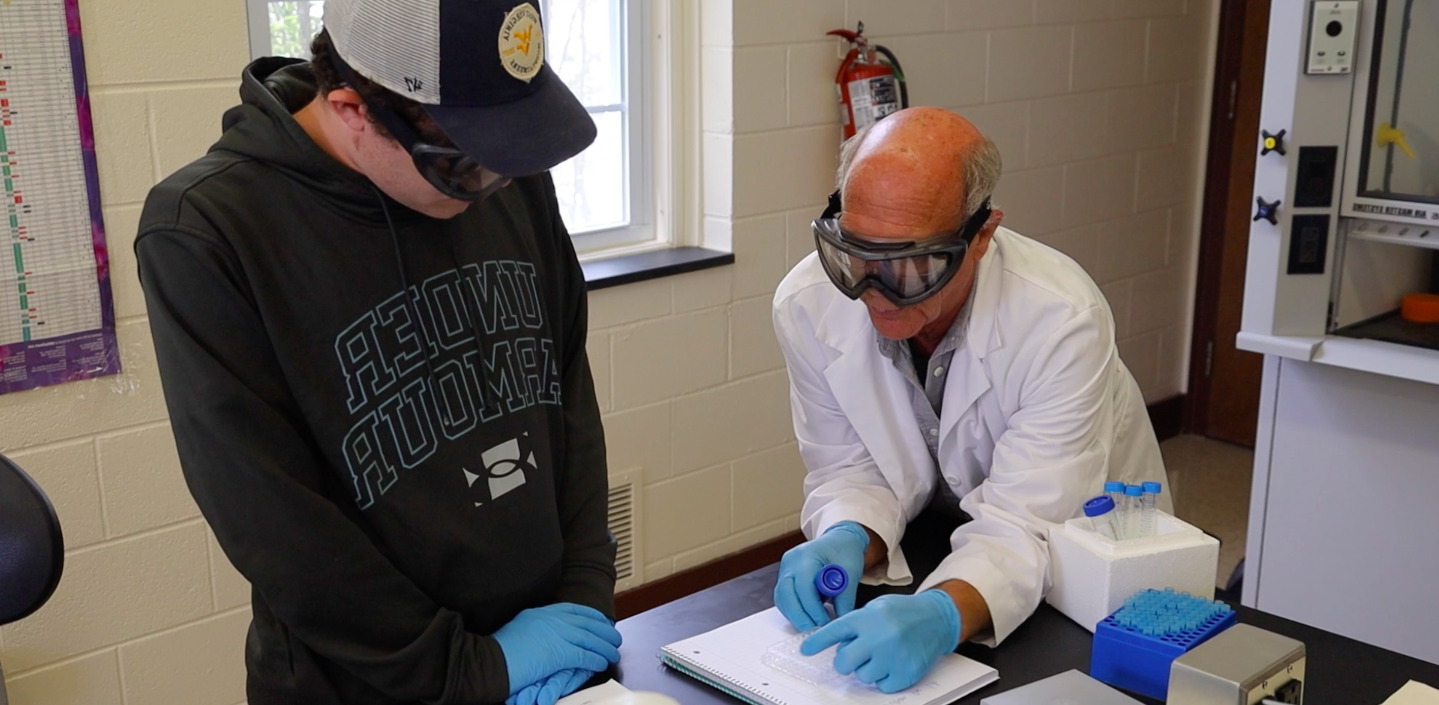
-
Communication & Media
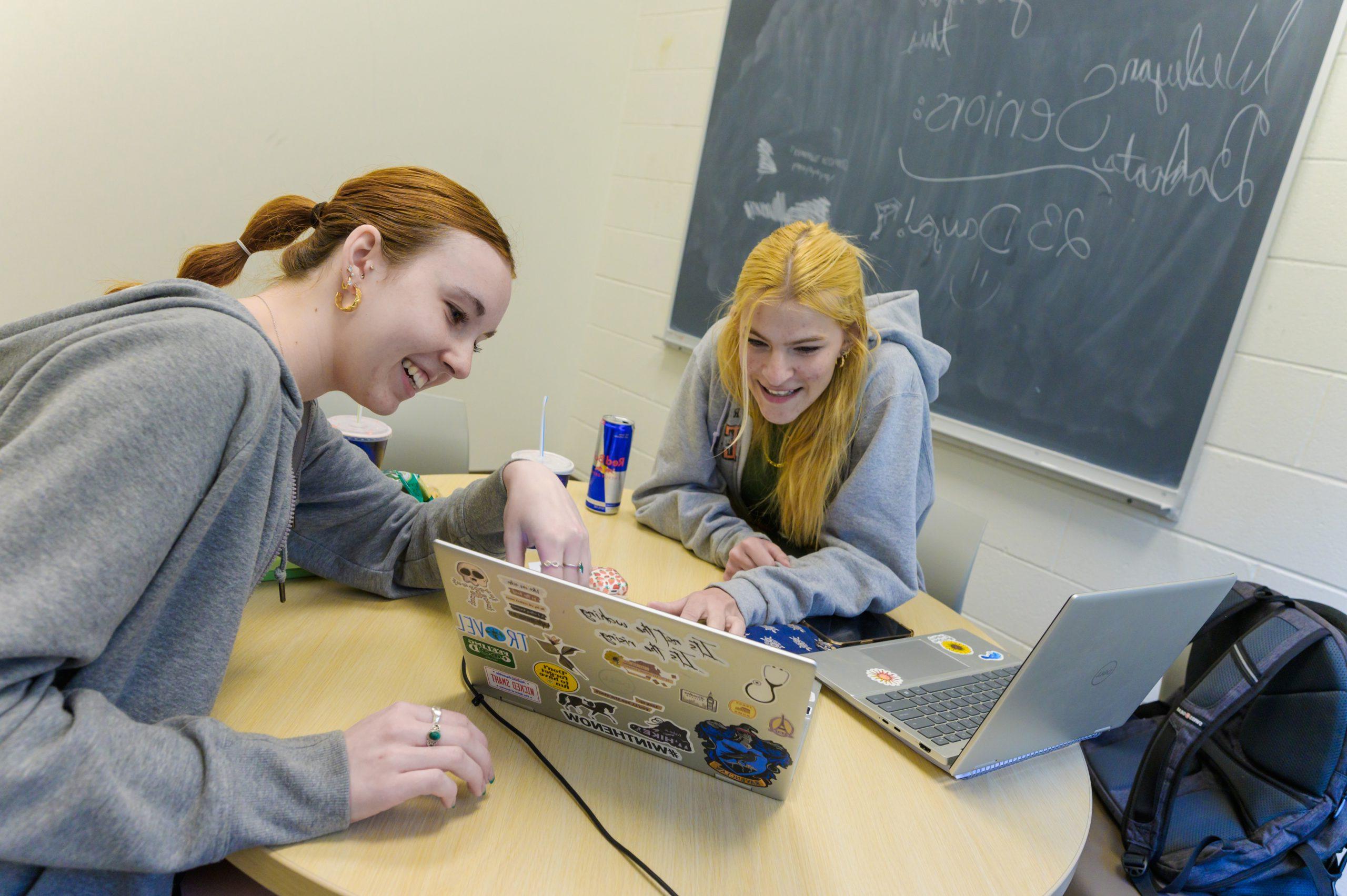
-
Education
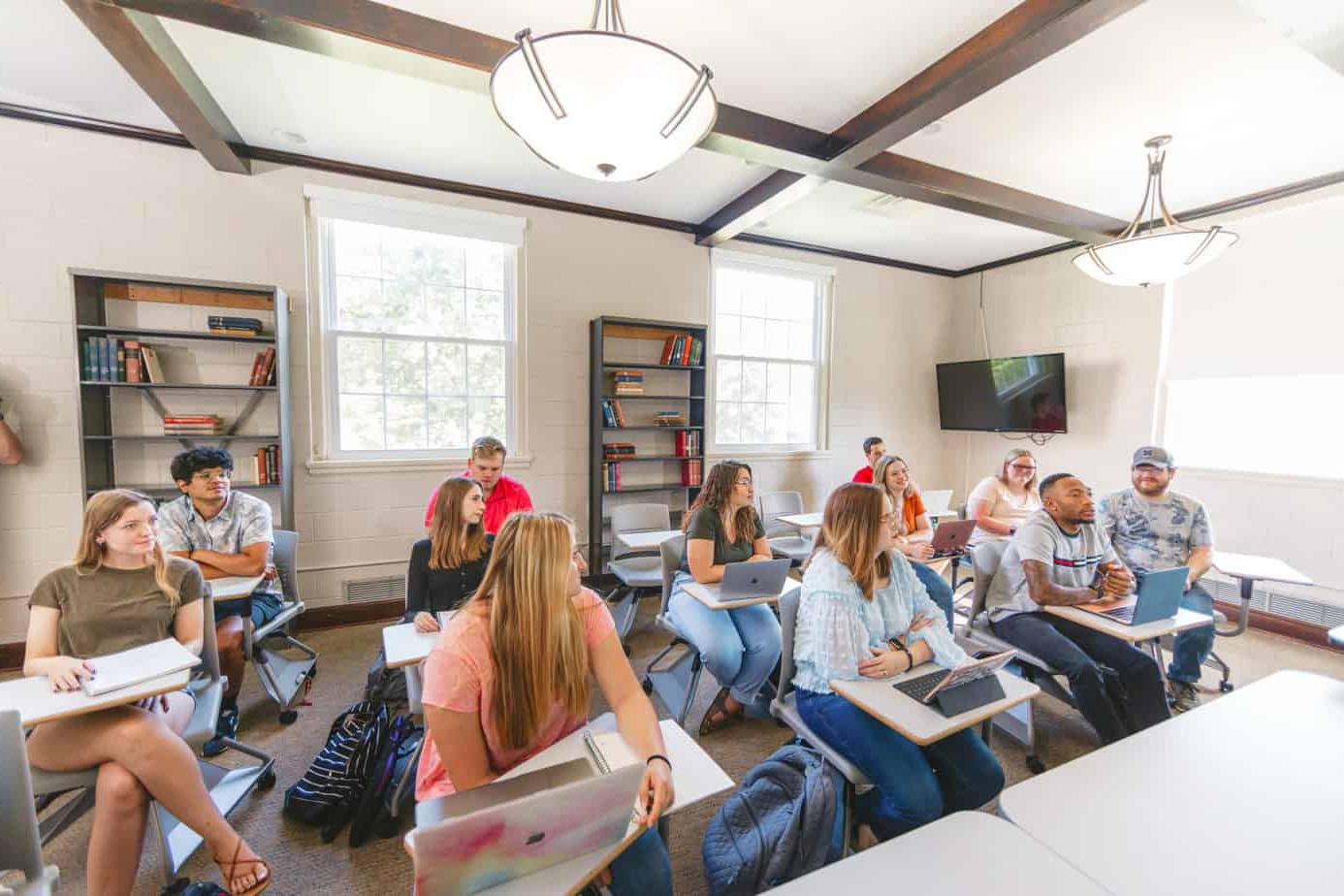
-
English

-
Exercise Science & Athletic Training
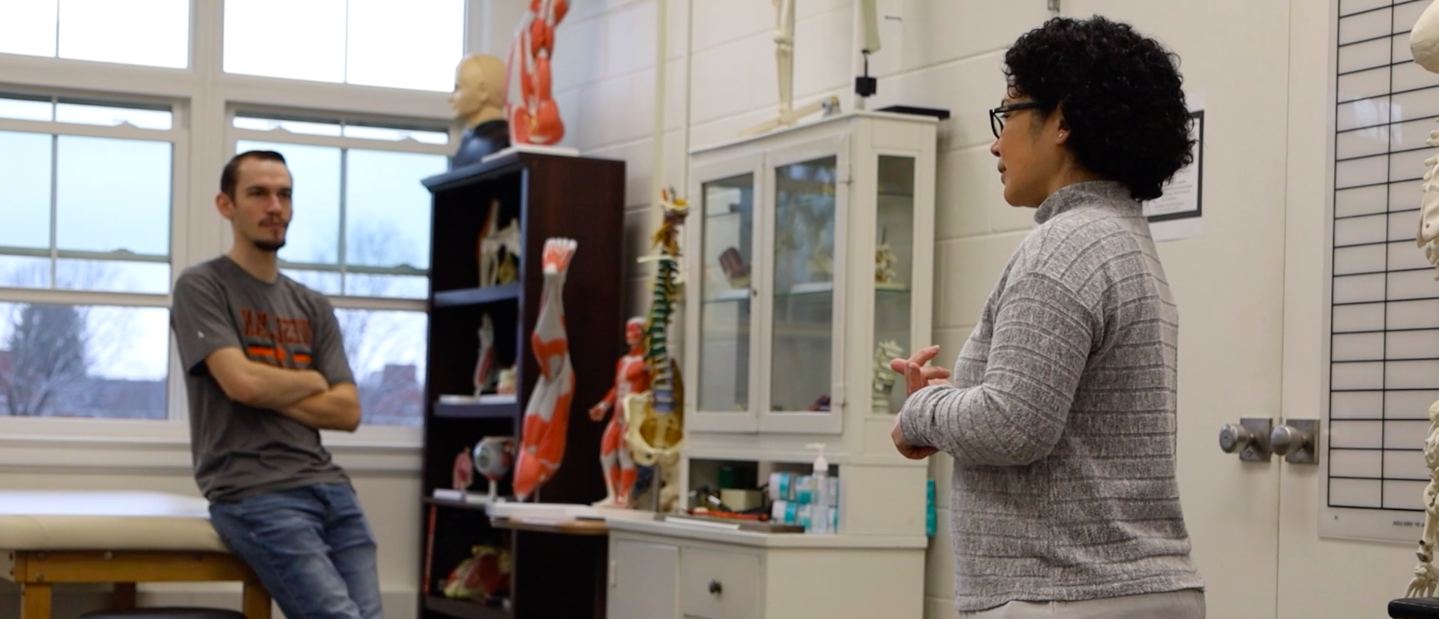
-
Health Sciences
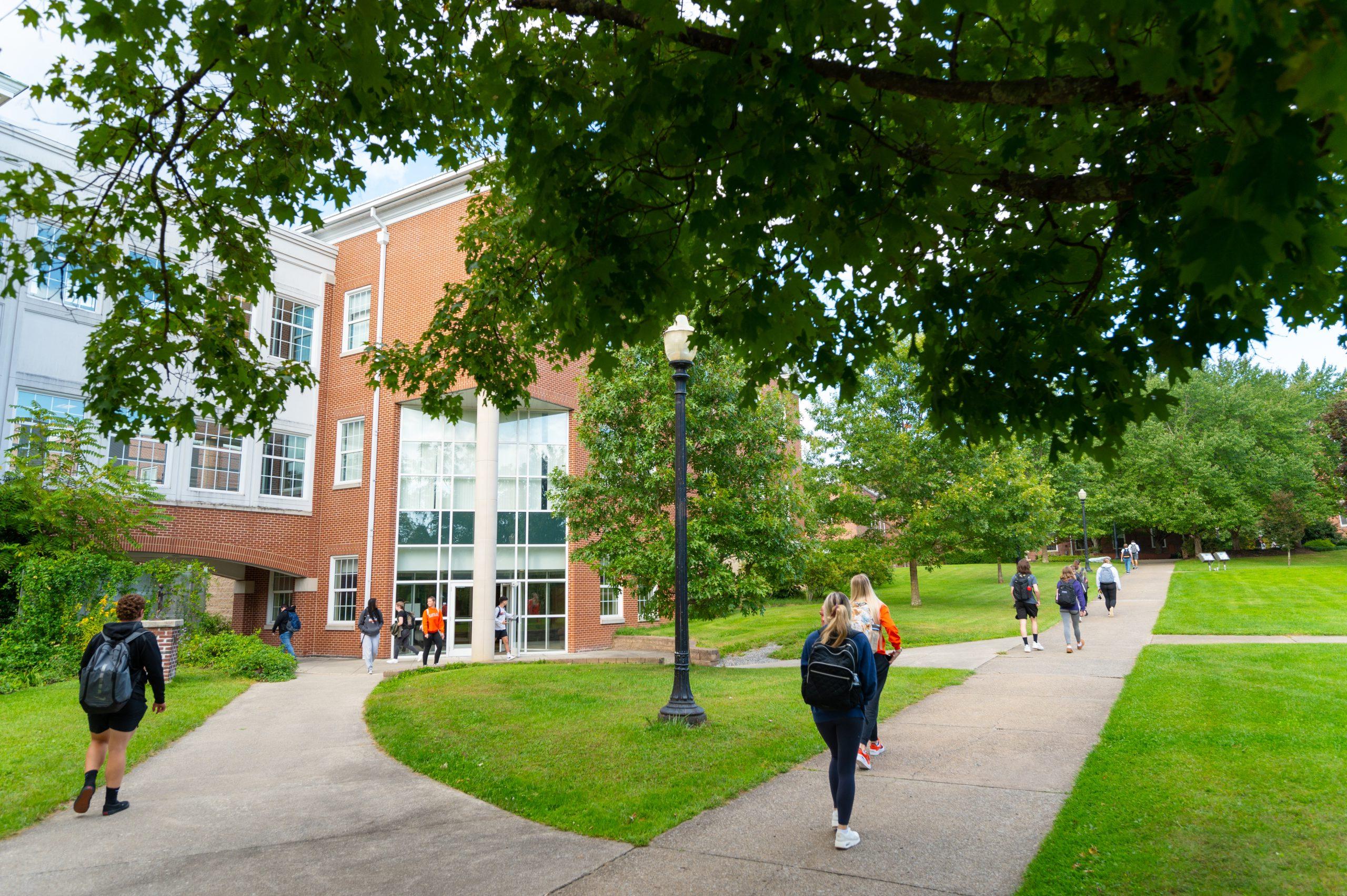
-
History and International Studies
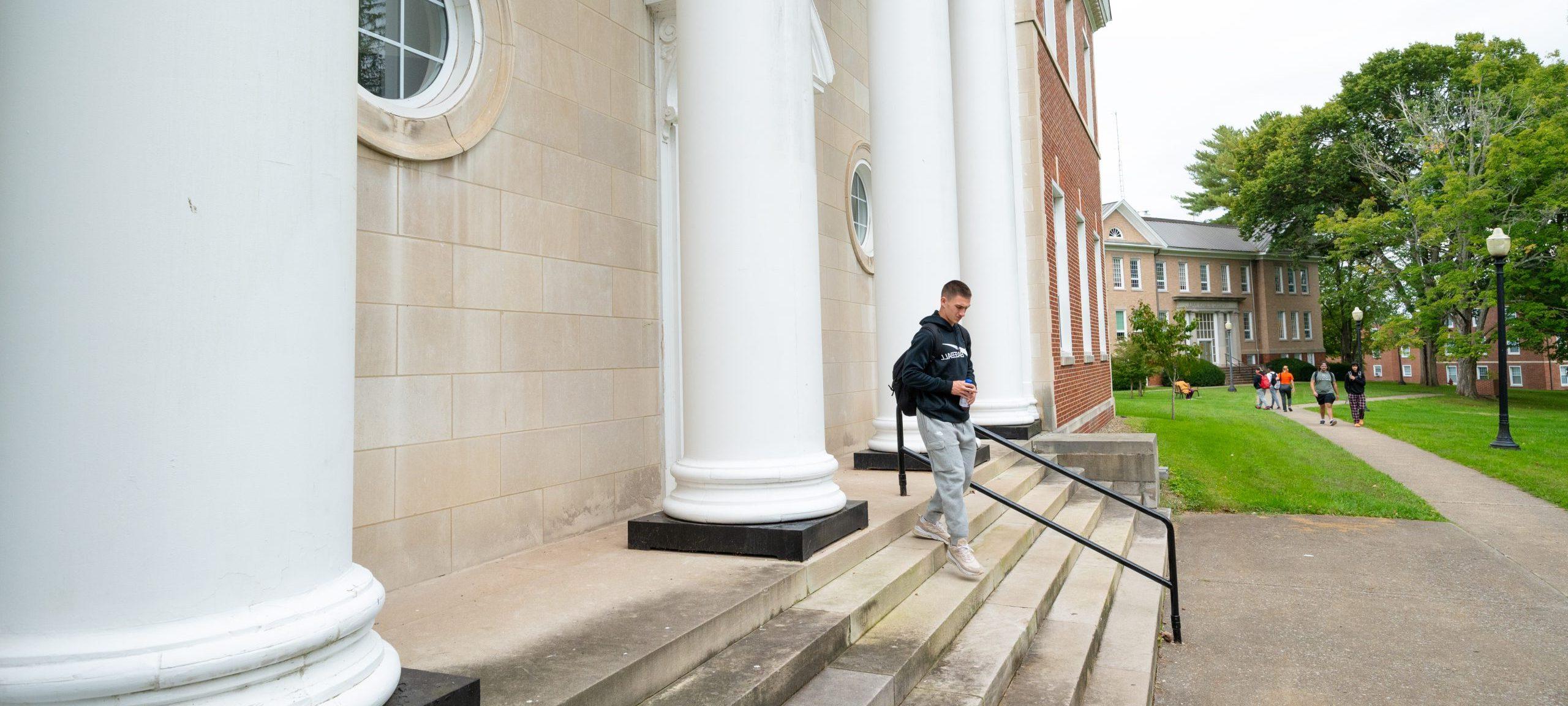
-
Mathematics & Computer Science
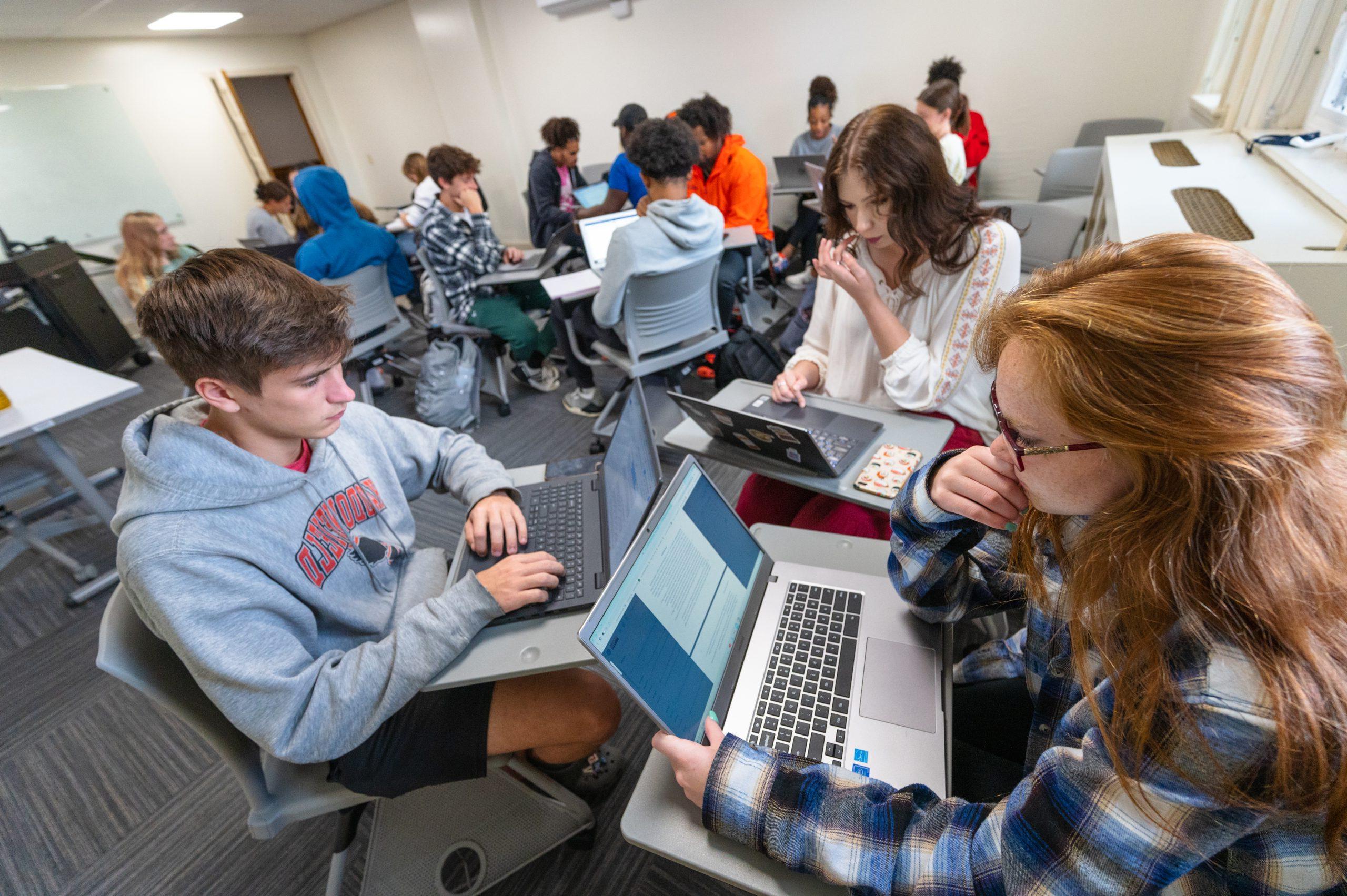
-
Music
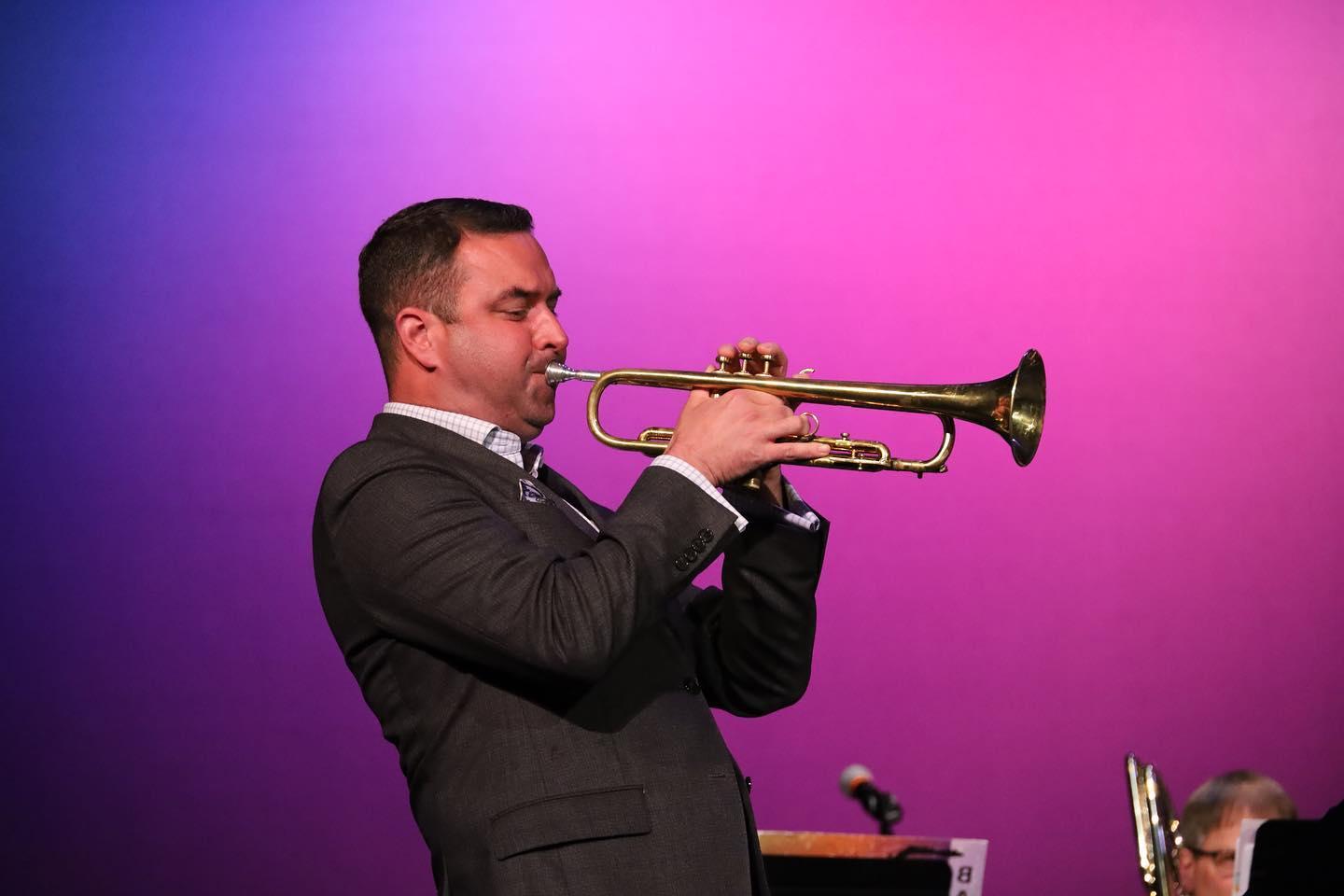
-
Nursing
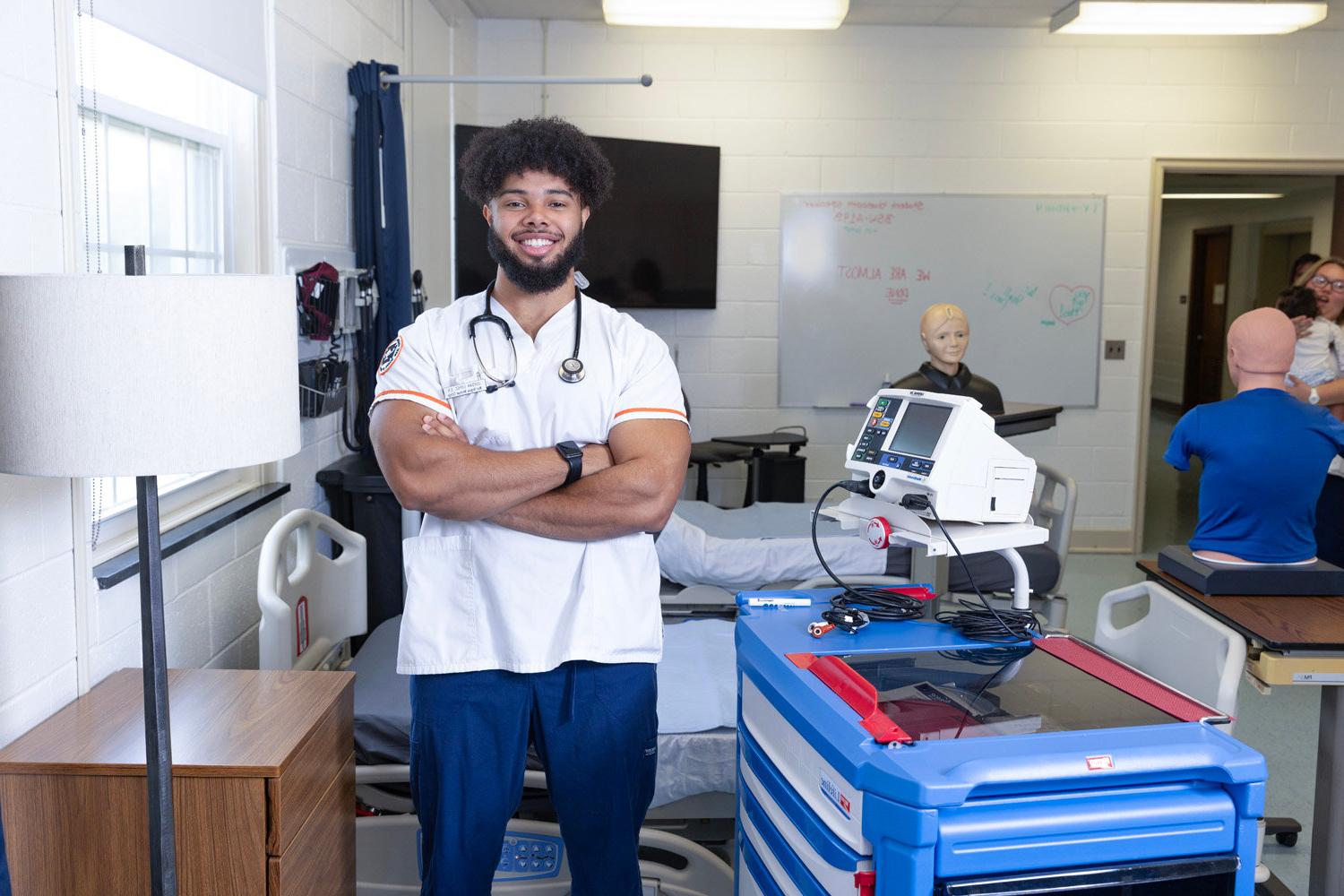
-
Philosophy and Religious Studies

-
Physics & Engineering
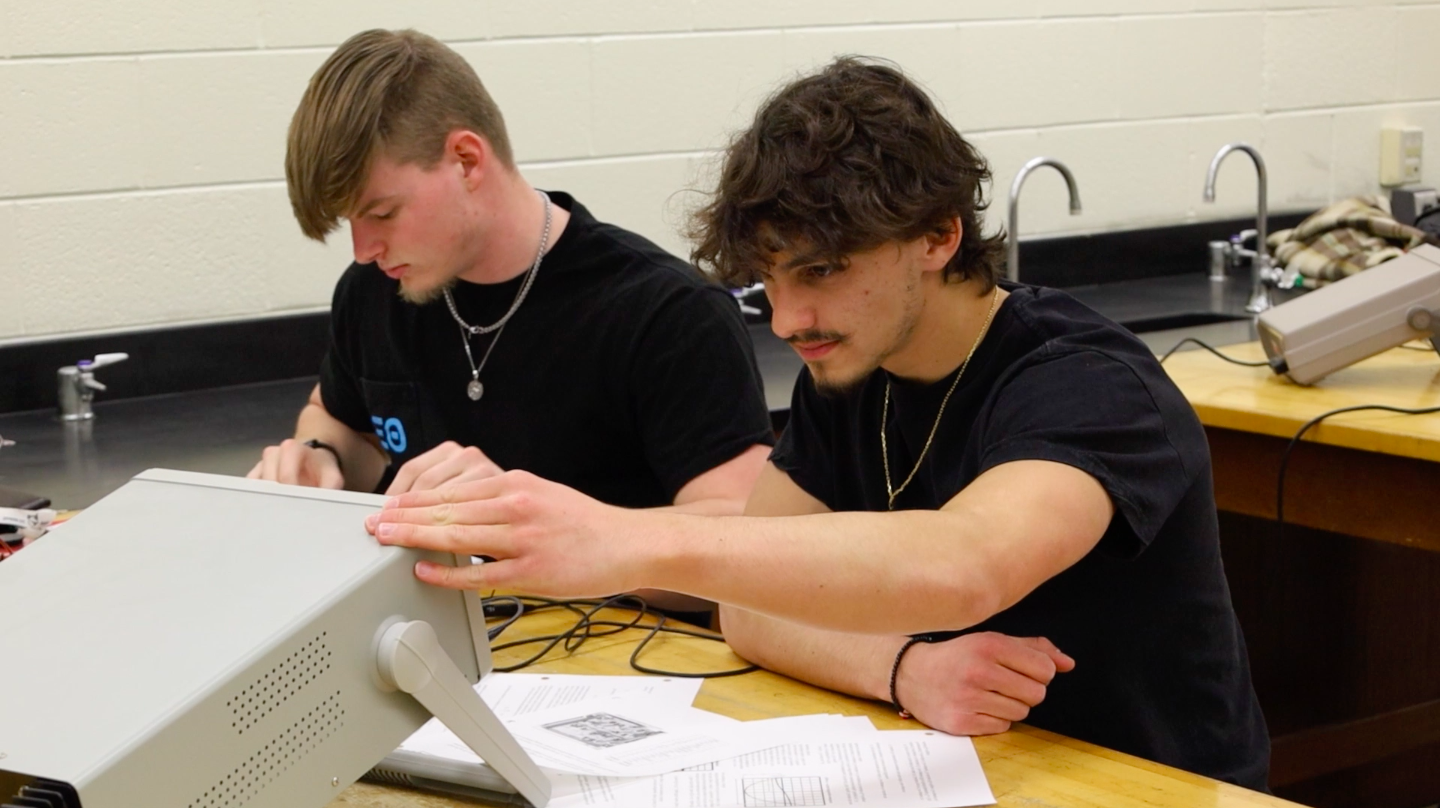
-
Psychology
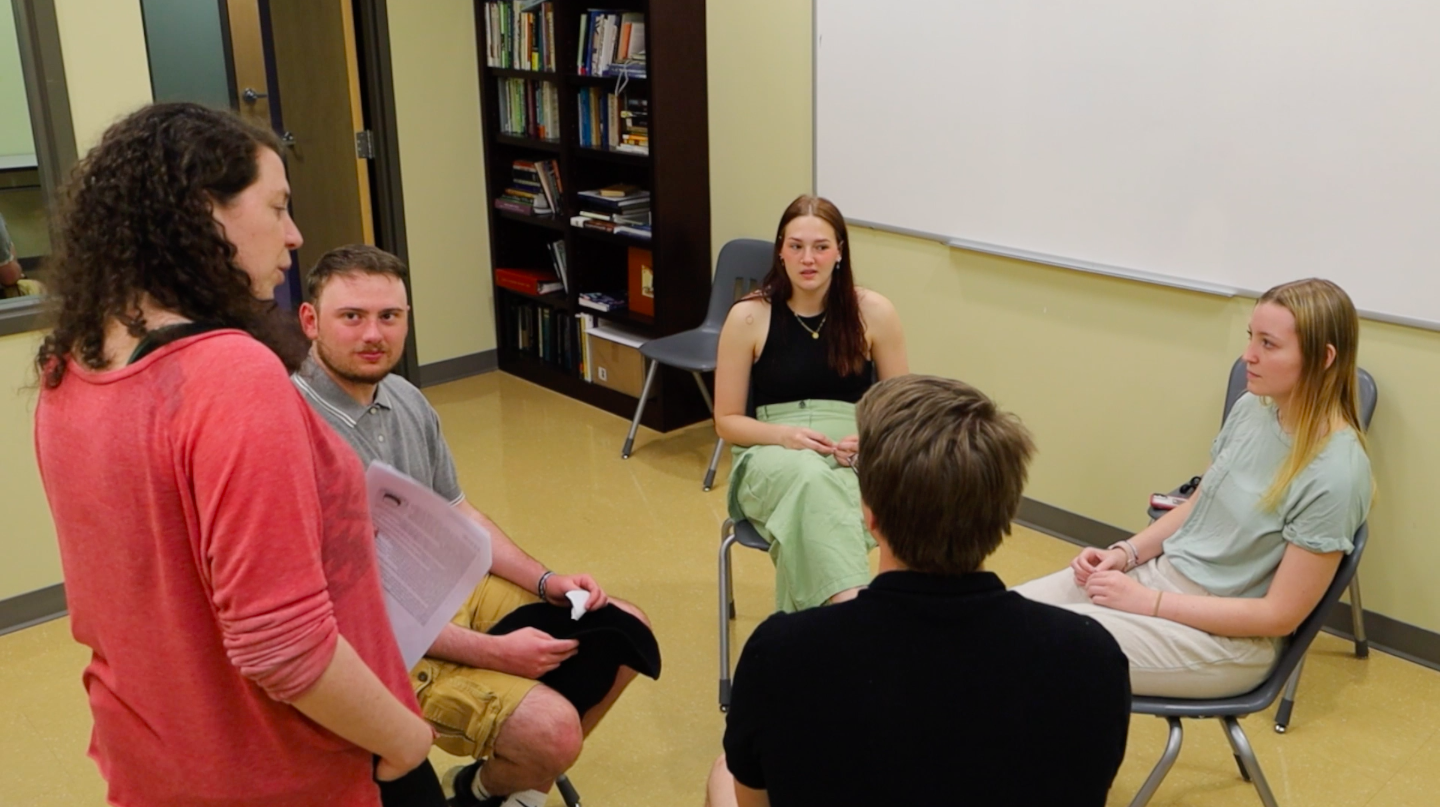
-
Social Sciences
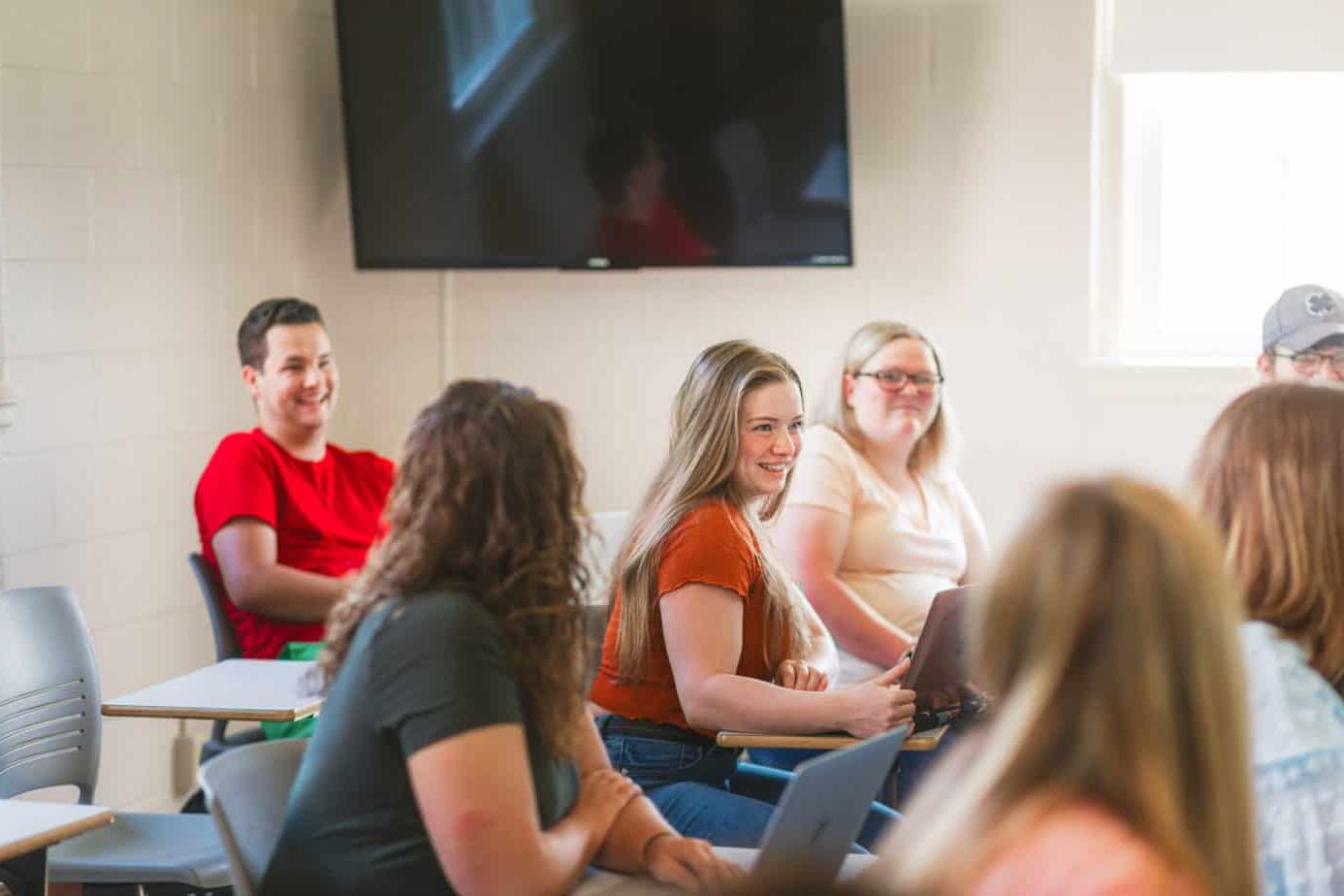
-
Theatre and Dance Department
